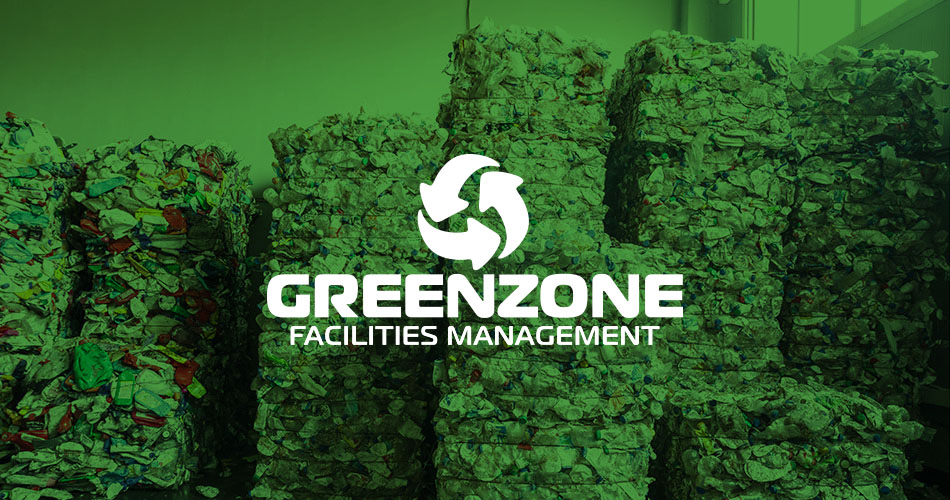The campaign has been developed “to get citizens to be outraged about the issue of food waste, in the same way that ocean plastic and the climate crisis have created such a massive impact in the public’s consciousness”.
Among its objectives is that wasting food should be considered as antisocial behaviour by the public.
WRAP announced the conversation as it pointed to new data showing a reduction of almost 480,000 tonnes in UK food waste over three years – equivalent to filling the Royal Albert Hall 10 times.
It said reduced food waste had saved citizens more than £1bn a year compared with 2015, and household food waste stood at 6.6 million tonnes, down from 7.1 million tonnes in 2015.
Total UK food waste was 9.5 million tonnes – including wastage from the supply chain – down from 10 million tonnes in 2015.
The data came from WRAP’s milestone report on its Courtauld Commitment in 2025, which sets out progress in food waste reduction since 2007. It said 1.4 million tonnes of food has been saved from going to waste each year against 2007 levels – enough each year to fill 150,000 food collection trucks.
But the organisation said that households still wasted 4.5 million tonnes of food that could have been eaten, worth £14bn a year.
Chief executive Marcus Gover said: “It is untenable that we carry on wasting food on such a monumental scale when we are seeing the visible effects of climate change every day, and when nearly a billion people go hungry every day.”
WRAP also said its annual citizen survey had found that, despite more of the public being aware of food waste, only 39% connected wasting food at home with its environmental impact.
Orginal Source

